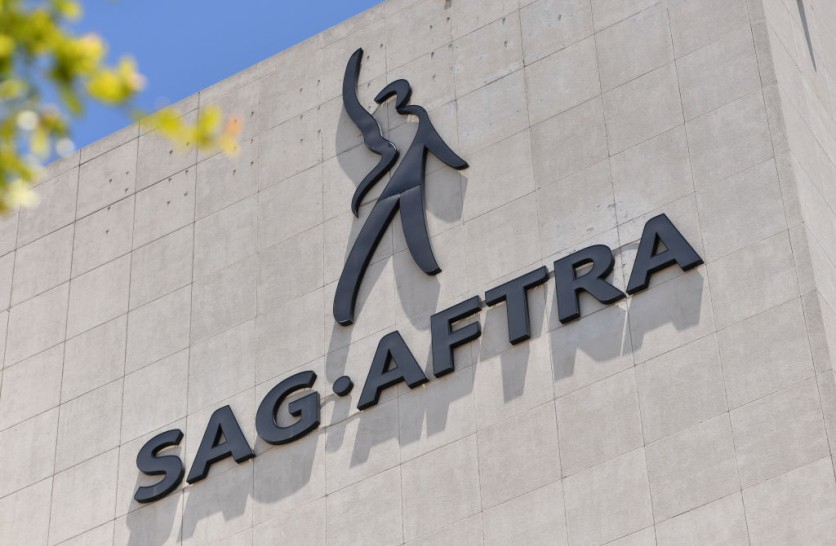SAG-AFTRA, the union representing 160,000 actors, dancers, singers, recording artists, and others, as well as the three main music firms, negotiated a tentative multiyear deal.
The guild's executive committee overwhelmingly endorsed the agreement, which replaces the SAG-AFTRA National Code of Fair Practice for Sound Recordings. If members approve, it will span from January 1, 2021, to December 31, 2026. Sony, Universal, Warner, and Disney are the labels involved.
Protecting The Artists
In the agreement, artificial intelligence (AI) standards for industry usage are significant. These criteria require that "artist," "singer," and "royalty artist" relate to genuine people. The arrangement also requires unambiguous consent, minimum remuneration, and other obligations before releasing a digitally recorded artist's voice, according to Billboard.
SAG-AFTRA national executive director Duncan Crabtree-Ireland stressed that the pact protects union members. He said, "SAG-AFTRA stands firm in the belief that while technology can enhance the creative process, the essence of music must always be rooted in genuine human expression and experience." He wanted to work with industry partners to guarantee that innovation enhances artists' distinctive contributions.
The Record Label Negotiating Committee said, "Together, we'll chart a successful course forward, embracing new opportunities and facing our common challenges, strengthened by our shared values and commitment to human artistry."
Better retirement and healthcare options, along with an increase in the percentage of streaming income financed by contributions, are other significant elements of the agreement. According to Reuters, the final ratification vote is expected in the following weeks.
Read also: LinkedIn Dives into Influencer Marketing: Leveraging User Base to Address Revenue Stagnation
AI Voice Acting of SAG-AFTRA Members Made Licensable for Video Games
This development follows a pioneering deal with Replica Studios that allows SAG-AFTRA voice performers to license their voices for AI voice acting in video games. TechTimes reported that the announcement of the deal at CES 2024 marks a significant milestone for industry experts.
The January agreement provides strong AI-specific safeguards, allowing voice performers to securely explore the potential of new digital voice replicas. AAA video game firms and other Replica firm partners can access top SAG-AFTRA performers under ethical agreements.

The SAG-AFTRA building, home to the US labor union that represents film and television actors, singers, and other performers, is seen in Los Angeles, California, on July 13, 2023.
The agreement lets Replica Studios work with SAG-AFTRA members to create and license secure digital voice copies. Interactive media projects, such as video games, can use licensed voices from pre-production to release.
SAG-AFTRA lead negotiator Duncan Crabtree-Ireland stressed that the agreements cover "digital voice replicas" and how gaming companies and others might use them. Minimum rates, safe storage, transparency criteria, and time limitations on utilizing a performance copy without money or authorization are in the agreement.
Despite years of technology to reuse likenesses or change voices, performers warn that AI increases the stakes by permitting quick data extraction and the possibility of convincing clones or mashups of their work. In video games, where voice-over is important, AI is seen as a greater danger to actors than to film and television.
Replica Studios CEO Shreyas Nivas said the agreement will generate new income, not replace old means. Nivas referenced "Red Dead Redemption 2," which has 500,000 lines of prepared dialogue, to show that automated voice acting may cut costs and boost production efficiency.
The deal does not cover using actors' digital copies to train huge language models. Nivas stated that Replica companies had explored this use case with many large AAA companies, but did not share information on the results.
Related Article: Former TikTok Employees Expose Social Media Platform's Alleged Ties to China and Data Sharing

![Apple Watch Series 10 [GPS 42mm]](https://d.techtimes.com/en/full/453899/apple-watch-series-10-gps-42mm.jpg?w=184&h=103&f=9fb3c2ea2db928c663d1d2eadbcb3e52)



